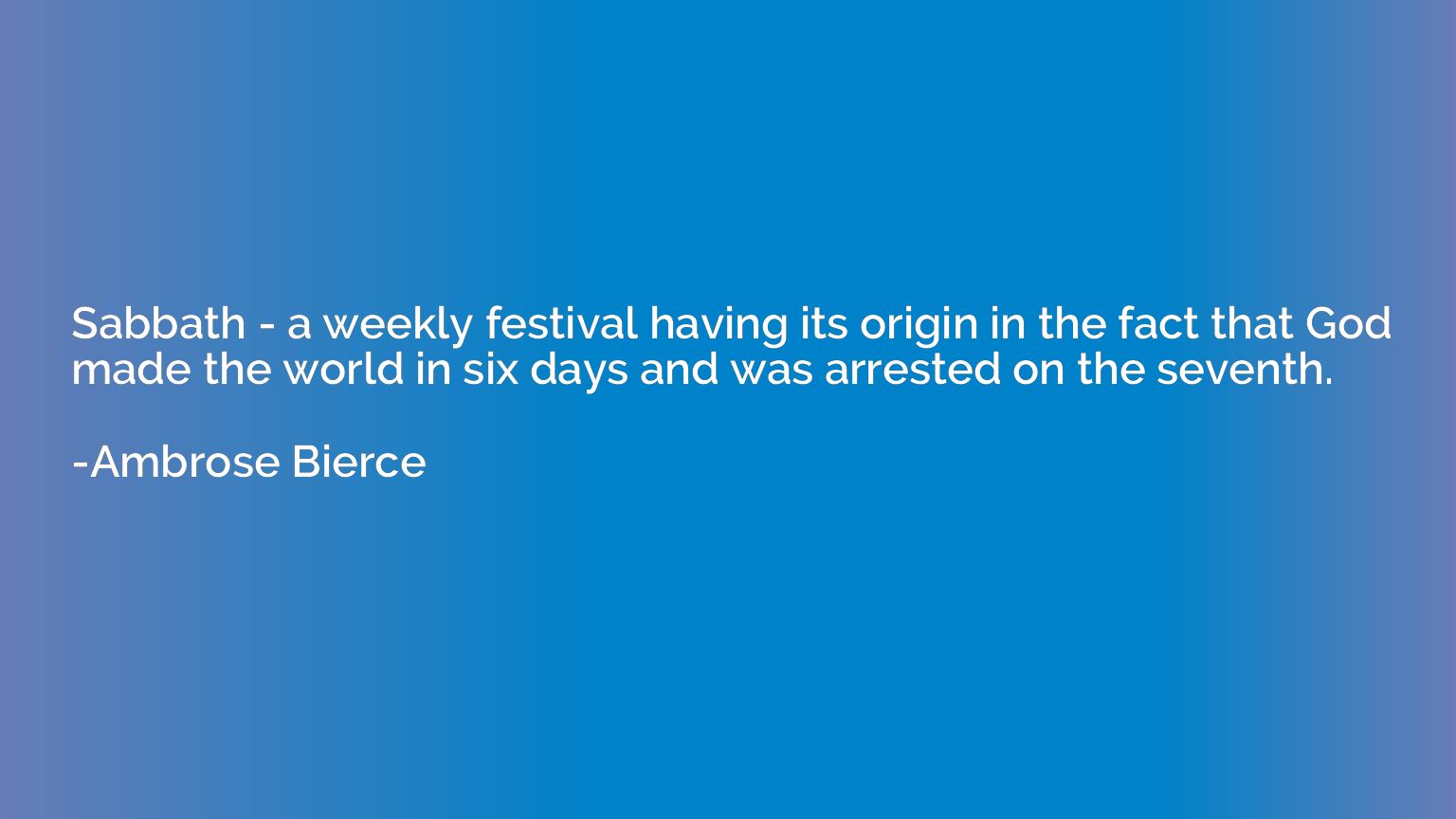Summary
This quote suggests that appearances can be deceiving. Just because someone has a noble or admirable facade does not necessarily mean they have virtuous or honorable intentions. It highlights the importance of looking beyond outward appearances and scrutinizing the character and actions of individuals to truly understand their true nature. It serves as a reminder to not easily trust or judge based solely on a person's external image, as there may be hidden, unpleasant qualities beneath the surface.
By Euripides















